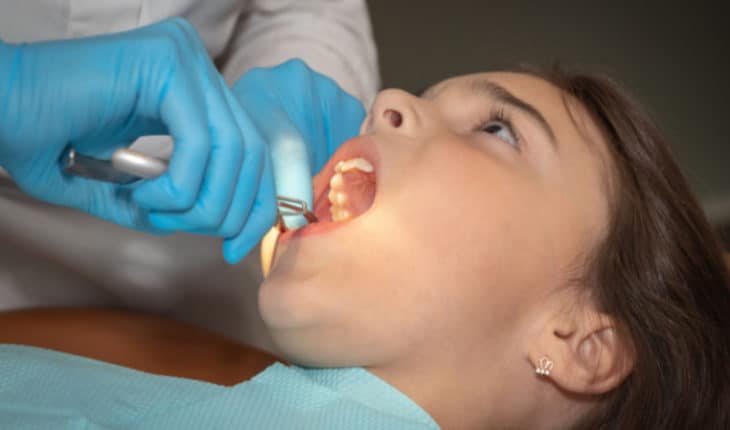The British Dental Association has welcomed new and wide-ranging reports from the regulator the General Dental Council, pointing to the devastating impact the pandemic has had on both patients and the dental profession. With access and workforce problems the norm, even before COVID, dentist leaders warn that oral health inequality will only widen until government delivers needed reform. The research found that by October 2021 over a fifth of patients surveyed (22%) had tried and been unable to get an appointment at some point since August 2020 and 17% reported having had an appointment postponed or cancelled in the past 12 months. Half (52%) had yet to return to a dental practice, meaning that a very large proportion of the public would not have seen a dental professional at all for 18 months or more. A higher proportion of young people and those from Asian and Black ethnic backgrounds reported difficulties in accessing dental care. One in five respondents (20%) had an appointment booked in the next three months, but the proportion fell to lower levels among respondents of Asian (10%) and Black (11%) ethnicity compared to those of White British ethnicity (23%). Nearly a quarter of patients (24%) had experienced dental pain, yet over a third of people in rural areas were not able to get help when in pain (35%), compared to 19% in urban areas.Among dental professionals, the GDC found a significant shift from NHS to private work, borne out by recent data indicating 3,000 dentists have left NHS work since the onset of the pandemic. Around two-in-five (39%) dental professionals foresaw they would be delivering more treatments in private dental care in October 2022 than prior to March 2020 – significantly more dentists than other dental team members agreed with this. The report also shows morale in the profession is at crisis point. The mean average anxiety score among UK dentists was reported as 6.0, almost twice the average UK anxiety score in 2020/21 of 3.31. Dental professionals working in the private or mixed sectors were less anxious than those working predominantly in the NHS.Last month the BDA has stressed to the Commons Health and Social Care Committee that without radical action to reform the discredited target-driven contract driving the exodus from the NHS the service faces a ‘slow death’. The professional body has called on government to deliver meaningful change by April of next year and put in place necessary funding to underpin the rebuild of the service. It would take an extra £880m a year simply to restore resources 2010 levels, after a decade of savage cuts.BDA Chair Eddie Crouch said:“The pandemic has had a devastating impact on both patients and the dental profession, supercharging a crisis we’ve faced for a generation. The real question now is what this government is willing to do about it.“Practices are struggling to meet demand, while every day dejected NHS dentists are calling it quits. Deep inequalities are set to widen unless Minister commit to fix this forgotten corner of our health service.”
- The da Vinci 5 Robot Is Set To Transform Bariatric Care: - 31st March 2025
- Beyond money: the hidden drivers fuelling child food insecurity - 31st March 2025
- Tobacco and Vapes Bill - 31st March 2025






